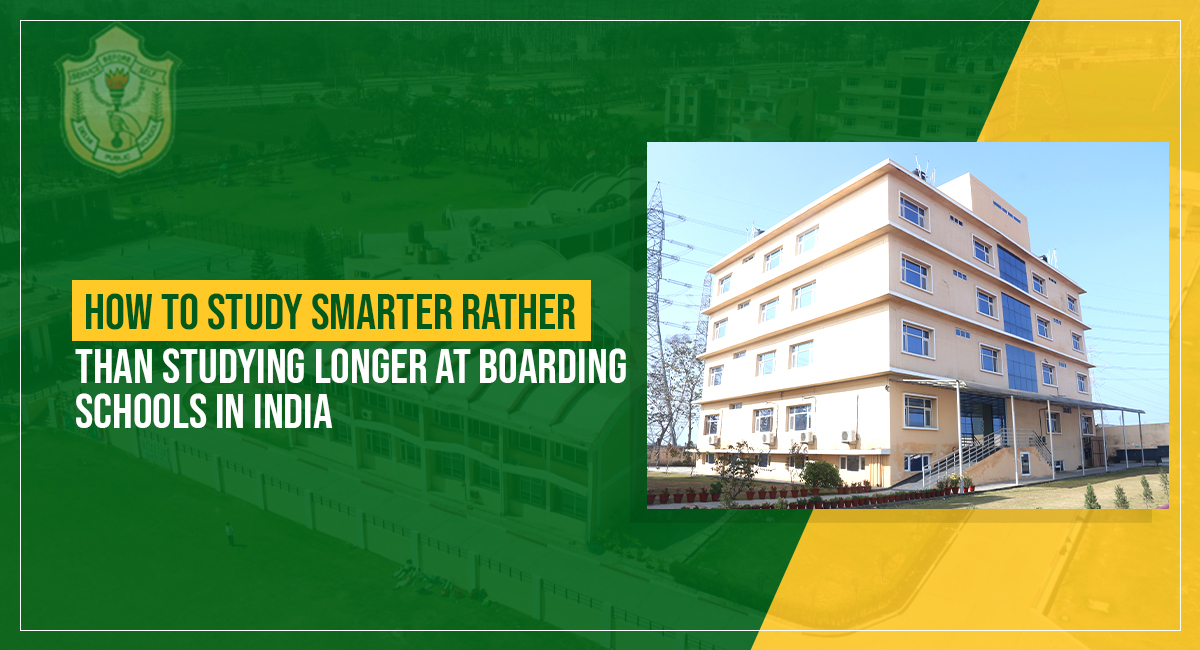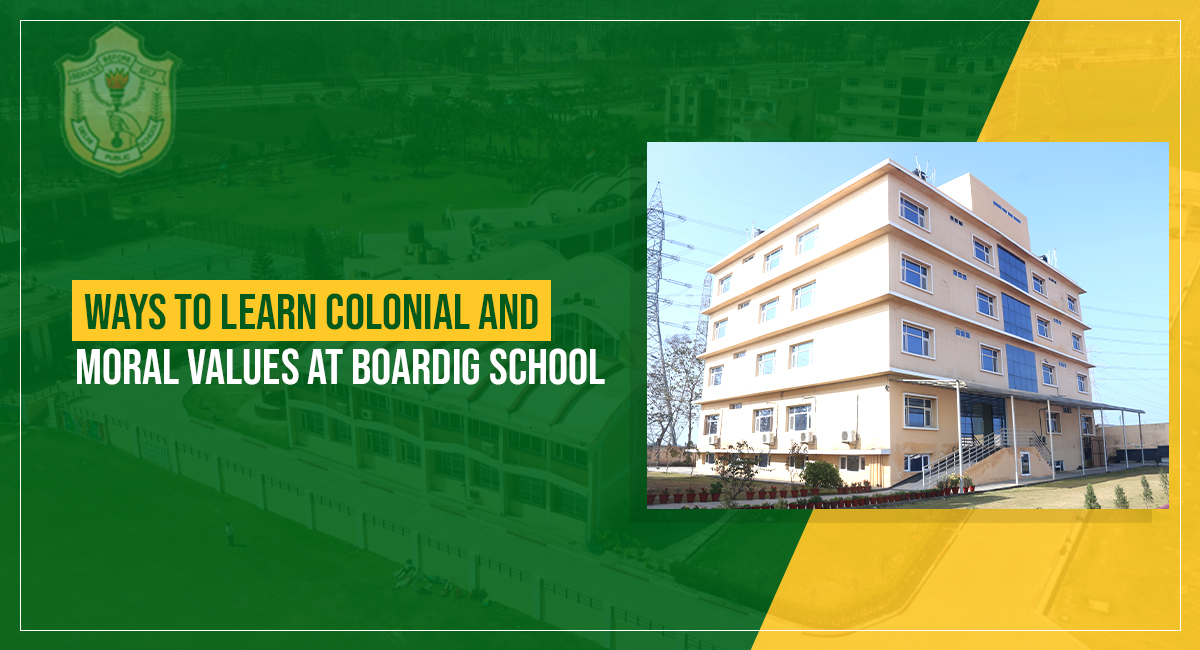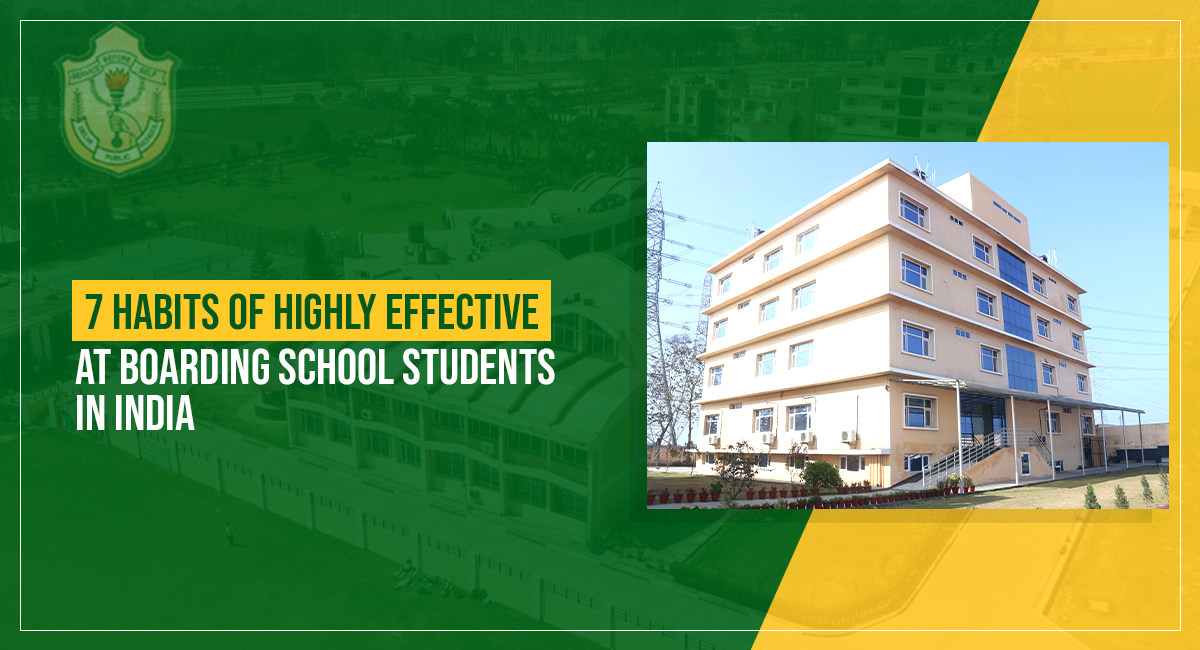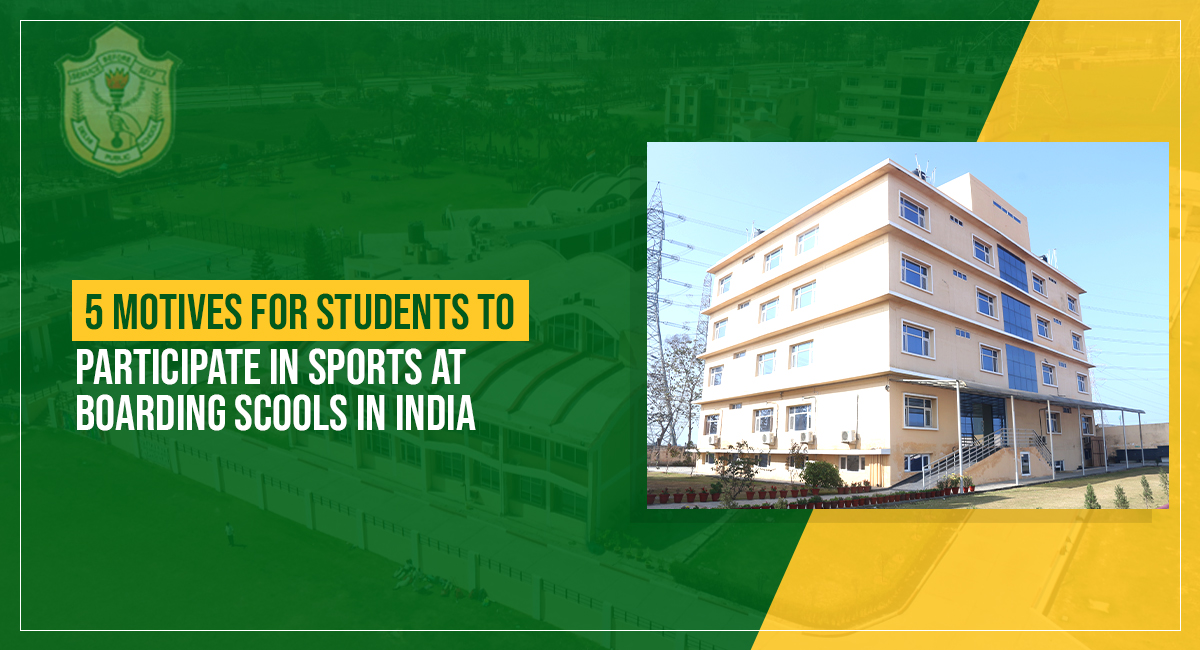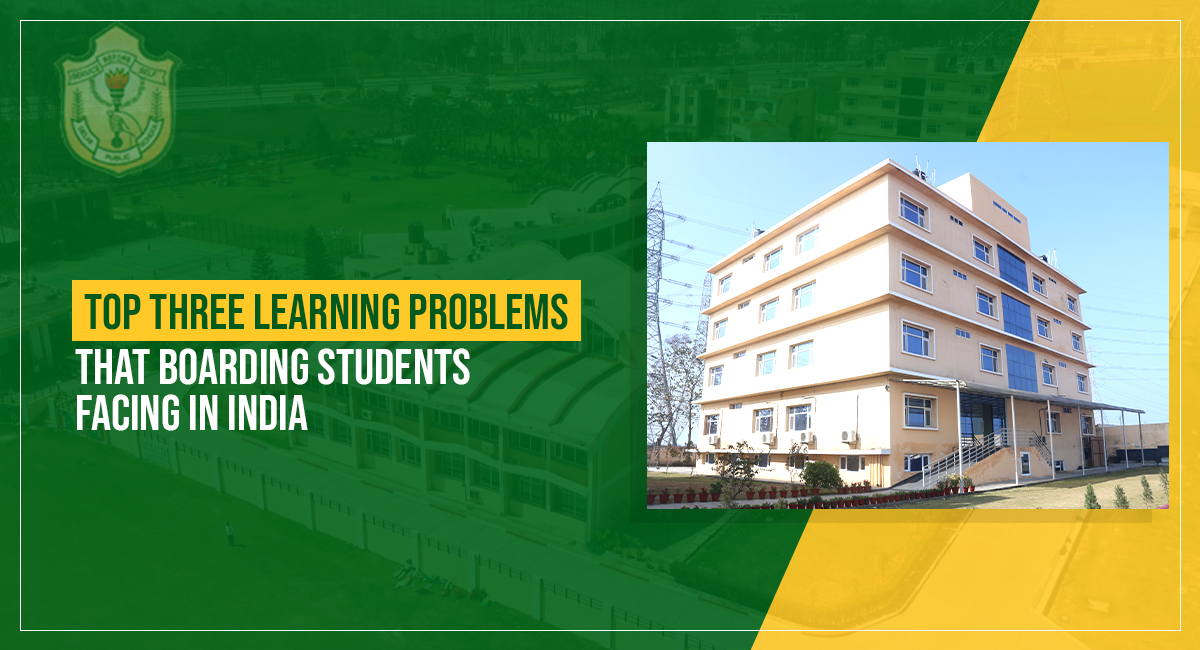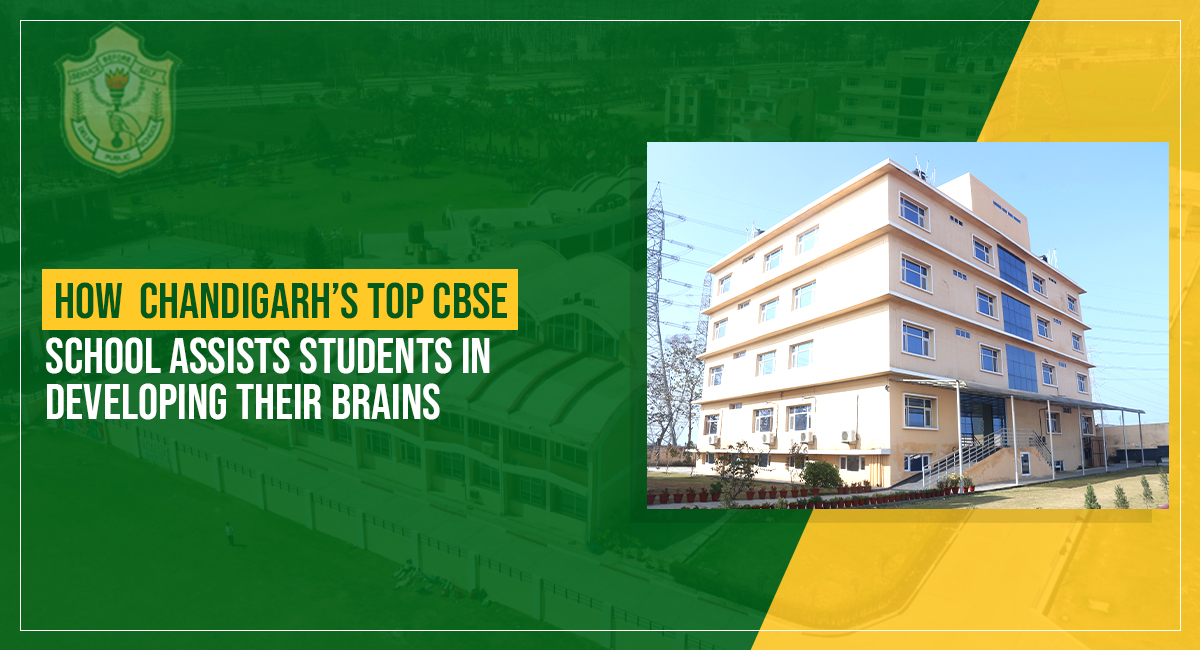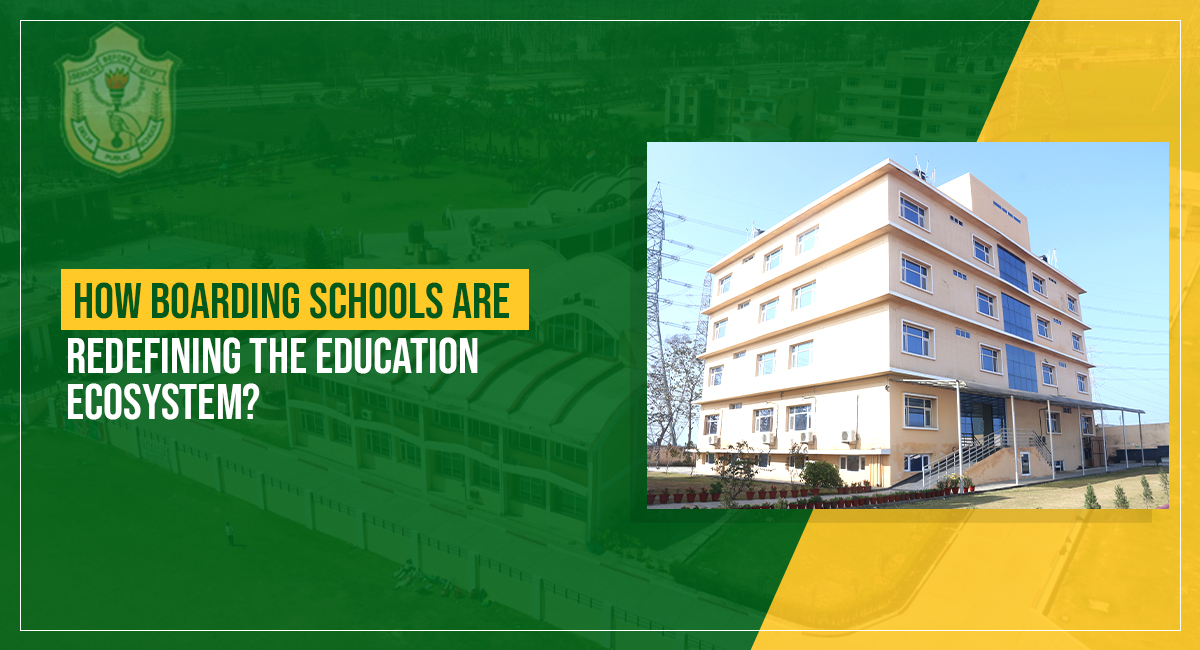In the bustling world of education, the quest for excellence often begins in residential schools, where students not only acquire knowledge but also cultivate essential life skills. Best Residential schools in India, particularly those affiliated with the CBSE board, hold a prestigious position in the educational landscape. Amidst the rigorous academic curriculum and myriad extracurricular activities, students strive not just to excel but to thrive. However, the key to unlocking success lies not merely in spending endless hours buried in textbooks, but in studying smarter. Let’s explore some effective strategies for maximizing learning efficiency in residential schools across India, focusing on Chandigarh’s best CBSE schools and the top residential institutions in the country.
Understanding the Dynamics of Learning
Before delving into specific study techniques, it’s imperative to grasp the fundamentals of effective learning. Studies have shown that the human brain has limited capacity for sustained attention. Therefore, studying smarter involves optimizing this capacity by employing strategies that enhance comprehension, retention, and recall.
1. Active Engagement over Passive Learning
Passive learning, characterized by mindlessly reading textbooks or listening to lectures, often yields minimal results. In contrast, active engagement involves interactive techniques such as concept mapping, summarizing content in your own words, and teaching concepts to peers. The best CBSE schools in Chandigarh prioritize active learning methodologies, encouraging students to participate actively in classroom discussions and collaborative projects.
2. Implementing the Pomodoro Technique
Residential school schedules can be demanding, leaving students overwhelmed by the volume of material to cover. The Pomodoro Technique offers a structured approach to studying, wherein students work in focused intervals (typically 25 minutes) followed by short breaks. This method not only enhances productivity but also prevents burnout, making it a valuable tool for time management in top residential schools across India.
3. Leveraging Technology for Learning
In today’s digital age, technology serves as a powerful ally in the pursuit of academic excellence. Educational apps, online tutorials, and virtual study groups facilitate personalized learning experiences tailored to individual needs. Best CBSE school in chandigarh leverage technology to supplement traditional teaching methods, providing students with access to a wealth of resources that cater to diverse learning styles.
4. Practicing Retrieval Techniques
The process of retrieving information from memory strengthens neural connections, facilitating long-term retention. Students can employ retrieval techniques such as flashcards, self-quizzing, and spaced repetition to reinforce learning. By actively recalling information at regular intervals, students in top residential schools in India solidify their understanding of key concepts and improve their performance in assessments.
5. Cultivating a Growth Mindset
A growth mindset, characterized by the belief that abilities can be developed through dedication and hard work, is essential for academic success. Residential schools foster a culture of intellectual curiosity and resilience, encouraging students to embrace challenges as opportunities for growth. By reframing setbacks as learning experiences and celebrating incremental progress, students in Chandigarh’s best CBSE schools develop the resilience and perseverance necessary to achieve their goals.
Conclusion: Nurturing Success Through Smart Study Practices
In the competitive landscape of residential schools in India, studying smarter rather than longer is the cornerstone of academic excellence. By adopting active learning strategies, leveraging technology, and cultivating a growth mindset, students can maximize their learning potential and unlock their full academic prowess. Whether in the hallowed halls of Chandigarh’s best CBSE schools or the top residential institutions across the country, the journey to success begins with a commitment to studying smart. As students embark on this journey, armed with effective study techniques and a thirst for knowledge, the horizon of possibilities expands, paving the way for a future filled with limitless opportunities.

